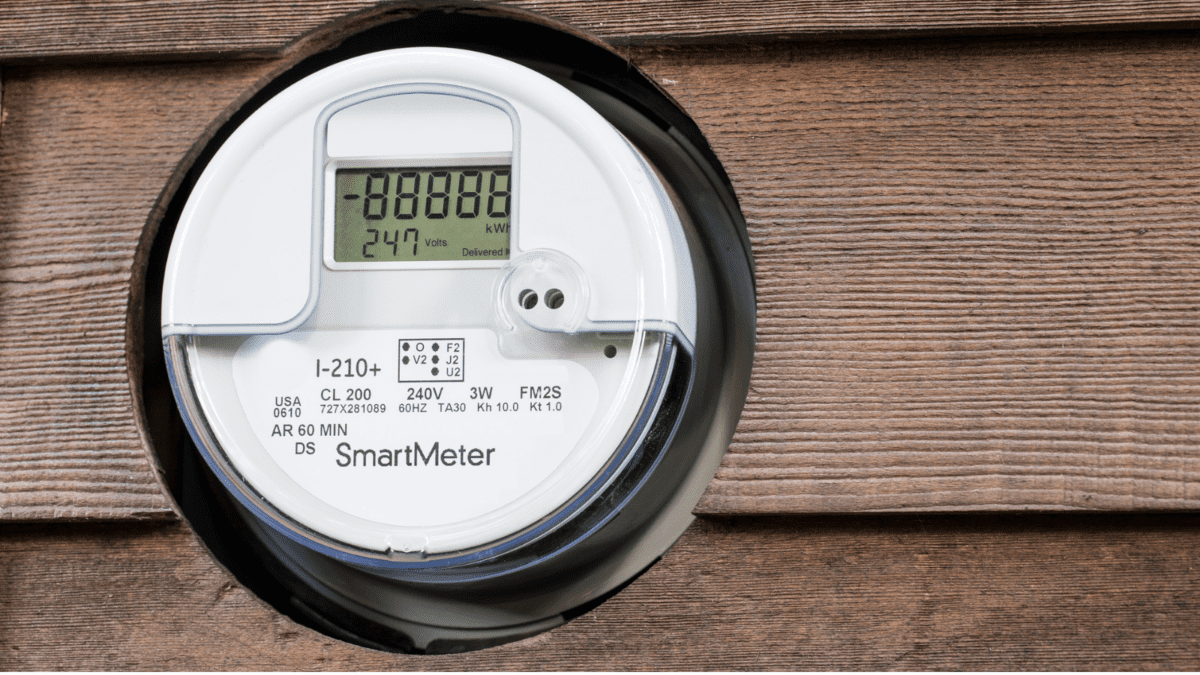Investors short-changed by managed fund disclosures
Australian managed funds are the worst in the world for disclosing to investors what stocks they buy and other portfolio information crucial to making informed decisions.
They are also poor at disclosing their ESG and stewardship policies and practices, compared with most other major countries. But the good news is that they are among the best three countries in the world from an investor’s perspective for fees and expenses.
These are the main findings in a major study by Morningstar. It is the sixth in a biannual series comparing the managed funds of 26 countries, with each series containing three chapters – fees and expenses, regulation and taxation, and disclosure. The latest, on disclosure, contains the new dimensions of sales disclosure and disclosure about ESG and stewardship.
Each chapter takes more than six months to complete. The fees and expenses chapter was last published in 2019 and the regulation and taxation chapter in May, 2020.
Morningstar points out that Australia is the only country of the 26 surveyed that does not yet have regulations around the disclosure of portfolio holdings, despite proposals to introduce them going back in 2015. Each time since then when new regulations seem likely to be introduced, they have been postponed, the most recent being last year.
Portfolio disclosures are essential for investors and their advisers to be able to ascertain whether a managed fund is true to label. This is particularly the case in deciding on whether a fund sits correctly within the ‘growth’ or ‘defensive’ categories and, within defensive, whether or not a fund is truly focused on income generation rather than capital gain.
For instance, listed infrastructure funds are generally considered defensive, but there are two broad types – those which have government-guaranteed income, such as utilities like water supply, and those known as ‘availability’ related, such as toll roads and hospital beds. The utility-type infrastructure projects are not correlated with GDP growth, but availability-type projects are highly correlated.
For fees, Australian managed funds were put in the top category, alongside the US and the Netherlands, but for regulation and taxation Australia was below average, alongside New Zealand, Canada, China, Japan and the US. For disclosure in general, including portfolio holdings and ESG, Australia was all alone in the bottom category.
The latest report, published December 15, says: “Morningstar gave top grades to India and the US, the two most investor-friendly markets in terms of global best practices for the disclosure of portfolio manager names, fund ownership, and compensation.
“Conversely, Morningstar assigned a bottom grade to Australia, which remains the only market without regulated portfolios holdings disclosure and has yet to adapt to increasing investor expectations around ESG and stewardship disclosure.”
Christina West, the director of manager research services at Morningstar in Chicago, and co-author of the study, said: “”Led by India and the US, most markets around the world have made gradual progress in their disclosure practices. Six markets-Canada, Korea, Taiwan, Thailand, South Africa, and Sweden-received above-average grades. France and the Netherlands took jumps upward, benefiting from incremental improvements across EU markets, while South Africa’s grade also improved. There are some notable laggards, such as Australia, that lack industry pressure or political will to make corrective changes.”
She described Australia as “an otherwise sophisticated market”, noting that Australian Corporations Act amendments that would require super trustees to publish portfolio holdings online were most recently due to come into effect on December 31, 2019 before again being postponed. The deadline had already been extended three times previously, in 2017, 2016, and 2015.
Grant Kennaway, global practice leader for manager research, an Australian based in Chicago, said: “Fund investors are entitled to know how their money is being invested and to what companies they are exposed.
If investors want to avoid exposure to fossil fuels, for example, they need portfolio holdings data (what stocks or bonds a fund holds) to provide the transparency that investors deserve.”










